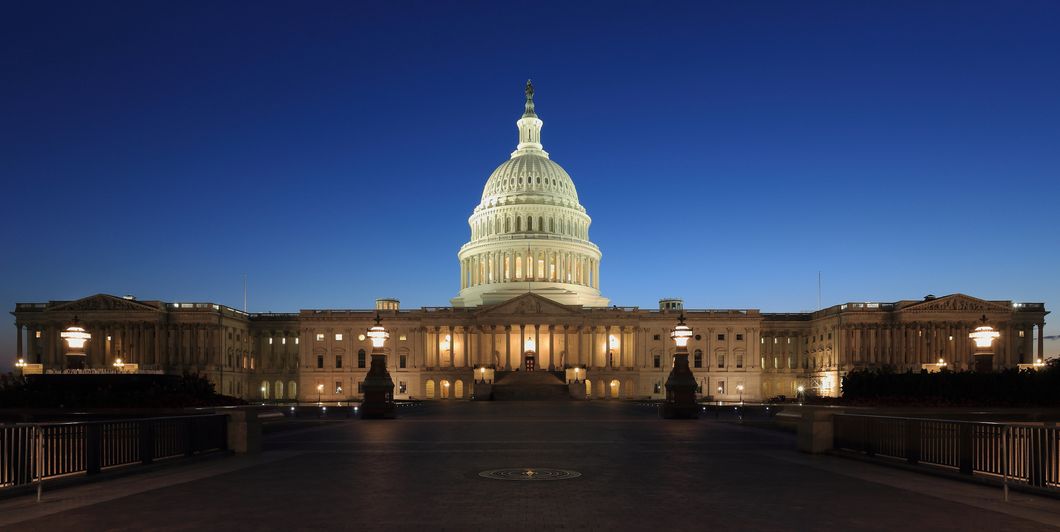That's right folks! We've been…shut down!
We are over three weeks into America's partial shutdown, one that started before Christmas in 2018 and has no sign of stopping anytime soon. This shutdown has been the longest in U.S. history and was the third one of 2018. For context, in the 25 years before 2018 (and our current "president"), there were only three government shutdowns and none of them were put into motion in order to fund a giant wall separating two close-working countries. Up until this point, the longest government shutdown had been 21 days, during President Clinton's term, from December of 1995 until January of 1996. During that shutdown, museums had to start running on private funds and therapists began getting a large number of calls and visits from out of work government employees and civil servants.
The government shuts down when Congress and the President are unable to agree on a budget to approve for the upcoming year or on how to allocate government funds into different departments. Presidents have shut down the government in the past in order to receive funding for bills they brought to the table, true, but President Trump is taking this to a new extreme in response to the lack of approved funding for his wall. Trump wants about $5 billion for his wall between the United States and Mexico, but the Democrats in Congress are insistent on allocating no money toward any such structure separating the two countries.
While this shutdown (or as I would like to call it, presidential temper tantrum) does not directly affect all parts of the federal government, many departments are severely impaired, including agriculture, commerce, justice, homeland security, the interior, state, transportation, and housing and urban development. The problems faced by the country in the wake of this shutdown are many — from waste building up and lack of security in national parks to the uncertainty of many government workers in regard to when their next paycheck will arrive. With no end to this crisis in sight, the economic problems are only expected to get worse and confidence in the government's ability to function properly is definitely not going to improve.
As of the 26th day of the shutdown, members of the Coast Guard missed paychecks and food safety workers were asked to return to work without pay. A lot of other government employees are being asked or coerced to work without pay for a variety of reasons, including (but not limited to) a ban on government workers going on strike. Personally, I was made aware of the fact that many TSA workers, having gone without pay, were beginning to call in sick and refusing to work for free, which quite literally affect people all across the country (I was more than a little anxious about missing my flight back to school—fortunately, security at SFO was not inefficient). In fact, the Miami International Airport was forced to temporarily close one terminal as a result of the wide range of TSA agent absences.
At the end of the day, it seems simple: cease throwing a temper tantrum, give over 800,000 people their jobs and paychecks back, and stop trying to implement policies that quite literally do no good other than harming people in this world. The $5 billion that the president wants towards his wall could easily perform a lot of good if placed into other problem areas, including food security, national park renovation, etc., and it would do the nation and the economy a world of good if we could have our essential government employees back in a position to further America's place in the world, improve our economy, improve technological achievements, and improve national security.


















